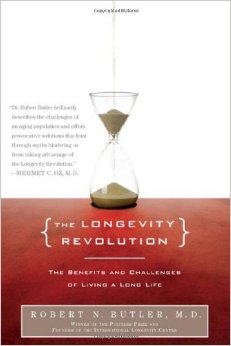I was visiting my parents at the retirement home and prominently displayed on the elevator was a sign warning the residents not to give out personal information on the phone to people claiming to be from the bank, credit card company, or the government.
I find it bizarre that the same old scams keep cropping up time and time again, but they do because they work.
Older adults are particularly susceptible to financial scams, but the crimes often go unreported because they are embarrassed or don’t even realize they are being scammed. Also, elderly victims my not report crimes because they may be concerned that their relatives may think they no longer have the capacity to handle their own affairs. Their trusting nature may be their biggest liability.
Are your elderly parents easy prey? How do you protect them from becoming victims? Here are some signs to watch for:
- They claim to have won a prize
Ask whether they had to pay anything to claim their winnings. Typically scammers tell victims they have to make some kind of payment – taxes or shipping – in order to get their prize. Or, they may have to agree to some sort or demonstration, e.g. vacuum cleaner, to claim their prize. Then they are pressured into a sale.
Let your parents know that legitimate sweepstakes don’t require any initial payment – or, especially, a bank account or credit card number. And, say “No, thanks” to the demo offer.
- They go to “free meal” financial seminars
These seminars target seniors through mailings – and even their church or club – and offer gourmet meals, expert advice and “risk free investment opportunities” with “guaranteed” returns. The food and tips may be free but people who are persuaded to buy these investments end up paying a big price with their unsuitable or risky investment products.
Financial scams are devastating to older adults. It’s not just the wealthy that are targeted and it’s not always strangers who perpetrate them. Especially vulnerable are older widows who may not have had much experience in managing their finances.
- They offer personal information over the phone
Watch for signs that they are giving out personal information such as bank account and credit card numbers, and social insurance numbers.
Be aware of things they are buying over the phone, such as low cost prescriptions, funeral services, reverse mortgages. Some scammers promise to provide credit card or identity theft protection. Watch for pledges to donate money, especially automatic withdrawals.
Once information is given out to one scammer it might be shared with others, sometimes defrauding the same person repeatedly.
To help your parents avoid telemarketing scams you can register their phone number on the National Do Not Call Registry, although this is not always successful.
Talk frankly with your parents about common scams and tell them to hang up on anyone calling who isn’t a friend or family member.
 One of the most useful books I read in preparation for a recent talk I gave on longevity was The Longevity Revolution, published in 2008 by Robert N. Butler, M.D. Apart from being a Pulitzer Prize winner, Dr. Butler is also the founder of the International Longevity Centre.
One of the most useful books I read in preparation for a recent talk I gave on longevity was The Longevity Revolution, published in 2008 by Robert N. Butler, M.D. Apart from being a Pulitzer Prize winner, Dr. Butler is also the founder of the International Longevity Centre.




